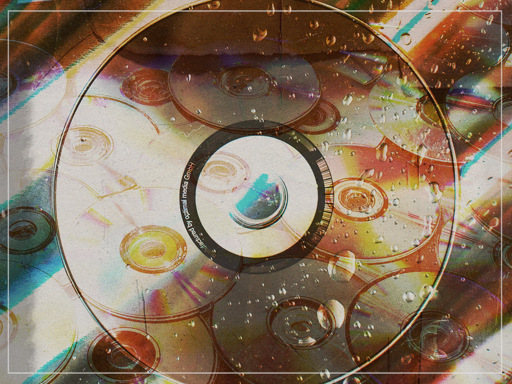These problems don’t even come close to the biggest issue of them all, though. For the most part, the movies that you can’t stream can be purchased in DVD or Blu-ray form if you look hard enough. But if it’s an original release from a streaming service, you may discover that there is no amount of money you can pay to get a physical copy.
Last year, Mike Flanagan, the filmmaker behind horror movies like Hush, Gerald’s Game, and Doctor Sleep, as well as series like The Haunting of Hill House and Midnight Mass, revealed that Netflix actively avoids physical releases of their original properties.
“In the years I worked at Netflix, I tried very hard to get them to release my work on Blu-ray and DVD,” he said during a panel discussion. “They refused at every turn. It became clear very fast that their only priority was subs, and that they were actively hostile to the idea of physical media.” It’s up to companies like Criterion to break these movies out of streaming jail and given them a physical release. This is the only reason you can purchase hard copies of Roma, Marriage Story, and All of Us Strangers.
The problem goes far beyond a cinephile’s desire to own physical media, too. Film preservation relies on hard copies, be it film, tapes, or DVDs. Digital media is ephemeral. Licences can be revoked, files can be corrupted, and quality can be watered down for the sake of easy storage. Physical media, whether it’s sitting on your shelf at home or in the US Library of Congress, isn’t subject to the whims of an executive who has never heard of Akira Kurosawa or seen a low-budget cult film from the Czech New Wave.
Flanagan highlighted this point, saying that “while companies like Netflix pride themselves on being disruptors and have proven that they can affect great change in the industry, they sometimes fail to see the difference between disruption and damage. So much that they can find themselves, intentionally or not, doing enormous harm to the very concept of film preservation.”
The irony is that, while the idea of ‘owning’ physical media can look like a manifestation of a consumerist, materialistic society, it’s the digital realm that we have to worry about in that regard. Digital media is beholden to studios and corporations that are only concerned with the bottom line rather than the preservation of culture. In contrast, distributors like Criterion, Kino Lorber, Arrow Video, and Severin Films offer high-quality, physical restorations of movies that often include audio commentary, essays, multiple cuts, and elaborate artwork. In short, physical media treats films as enduring works of art, while streaming platforms reduce them to ‘content.’ I know which definition I want to be behind.



That second-to-last sentence is great!
That has been my concern for a while - they are making content not good films or TV and the metric of success is the number of new subs it can pull in then, when it’s job is done, they just cancel the shows.